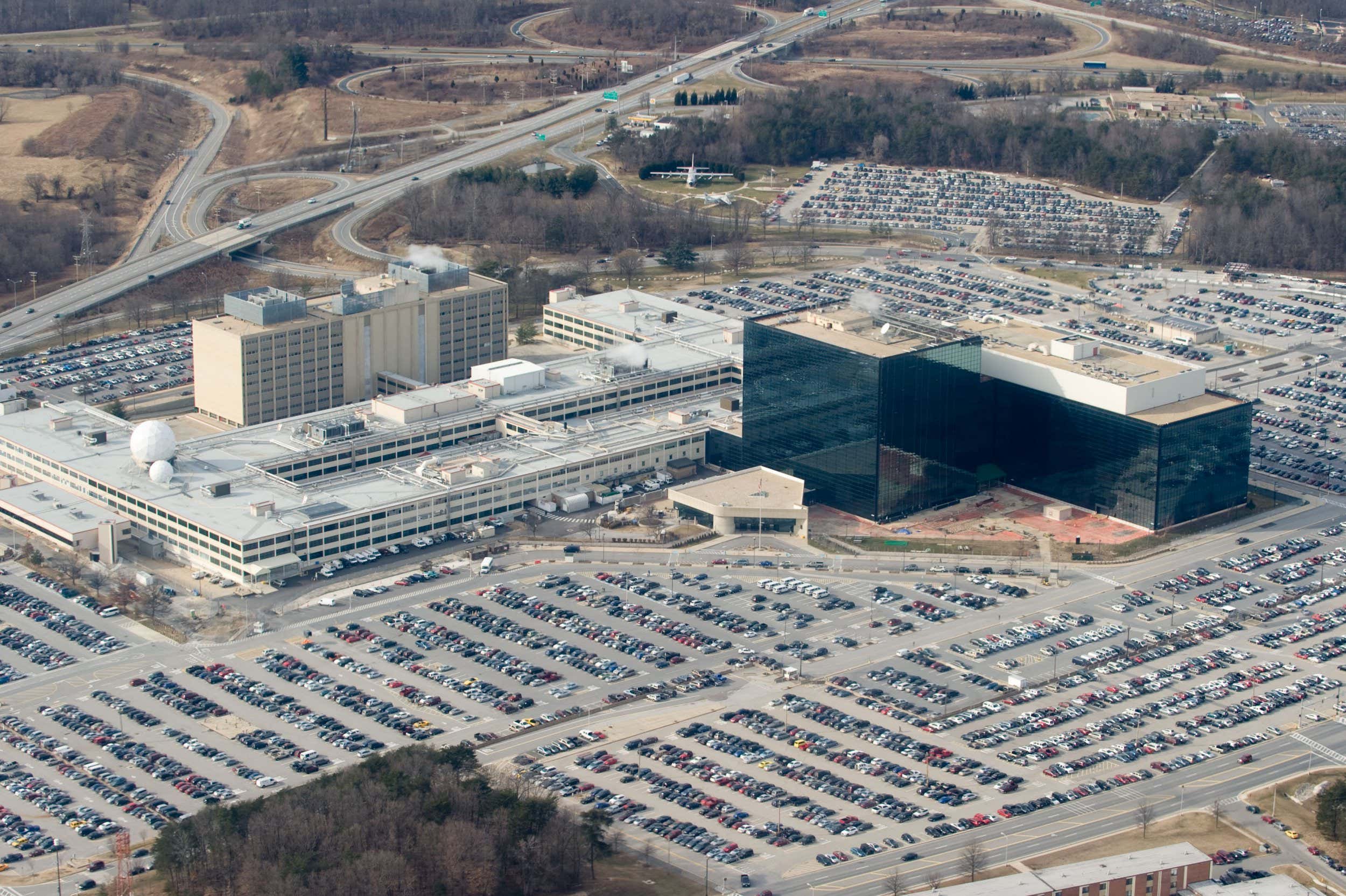Mathematician warns NSA may be weakening next-gen encryption::Quantum computers may soon be able to crack encryption methods in use today, so plans are already under way to replace them with new, secure algorithms. Now it seems the US National Security Agency may be undermining that process



If this is true, NSA might be shooting themselves in the foot when they inevitably have to deal with Russia and China.
Just a guess, but I think they’re less concerned about the giant country’s surveillance of us, and more concerned about not being able to surveil the little terrorist cells.
or you know conversations with your healthcare providers
or the company VPNs of other continents.
They probably consider that they overall lose more with strong cryptography, than the risk of other countries intercepting US communications. They must have other solutions in place to protect confident information. But they likely struggle with encryption being so widely used by anyone. Even granmas can now cover their communications without much effort
This is still somehow the predominant attitude. It has also been the traditional attitude that led to things like RSA and PGP getting attacked by the Us government.
Theres a theory that China are sucking up as much encrypted data as they can so that when computers are powerful enough then they can easily crack it.
Encryption is based on it being too time consuming / complex to crack but older methods are continuously becoming weak.
It’s all an illusion really.